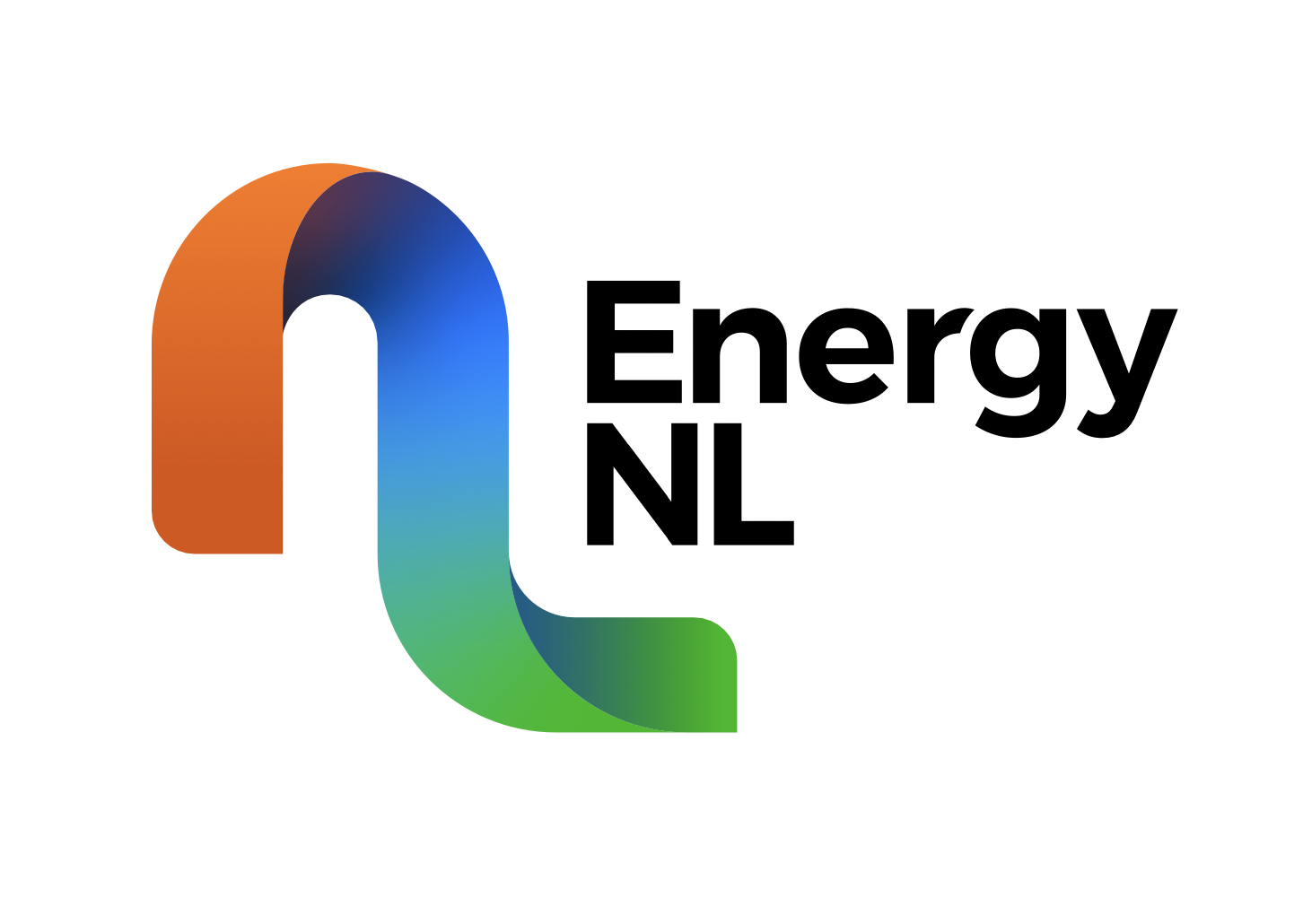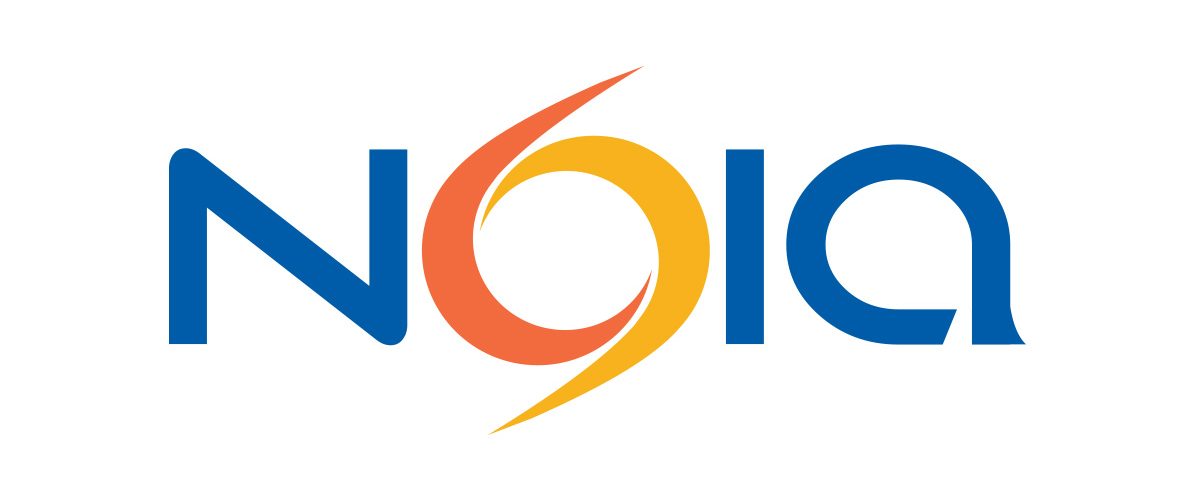Introduction
The Newfoundland and Labrador Oil and Gas Industries Association (Noia) was founded in 1977 to represent the supply and service sector of the offshore oil and gas industry. Today, Noia represents approximately 460 member organizations worldwide involved in, or who benefit from, the oil and gas industry of Newfoundland and Labrador. Noia members are a diverse representation of businesses that range from offshore supply boats and helicopters to health and safety equipment and training, engineering solutions and fabricators, to law firms and human resource agencies.
The Newfoundland and Labrador Offshore Oil & Gas Industry and Ocean Noise
Noia is pleased to have the opportunity to comment on the discussion document for the Ocean Noise Strategy for Canada. As part of the consultation process Noia below provides recommendations the association asserts will enhance the process of establishing an Ocean Noise Strategy for Canada.
Study of Offshore Noise
Most importantly for Noia, safety of those involved in the ocean economy and protection of the marine environments are paramount, while ensuring that ocean economy can grow in an environmentally sustainable manner. Noia believes that this approach, and the activities of all stakeholders in the ocean economy, must be guided by scientific evidence.
Members of Noia and the offshore oil and gas industry are significant stakeholders within Canada’s ocean economy. Activities of the industry are varied. Considerable discussion has occurred regarding those activities, with extensive management and mitigation measures in place. Noia supports the efforts of the Government of Canada to further understand the impacts of ocean noise and to implement a strategy related to this important issue. Speaking specifically to the offshore oil and gas industry, information is available regarding ocean noise and its impacts. Environmental review process for offshore exploratory drilling and offshore development projects have evaluated this issue to some degree. As well, officials with the Department of Fisheries and Oceans Canada have studied this issue.
Recent studies have evaluated impacts of seismic activities on snow crab in the Atlantic Ocean. For example, a December 2020 study (Morris, Cote, Martin and Mullowney) indicates that seismic activity has not impacted commercial catch rates of snow crab, but indicates further study is warranted: “Collectively, these studies lend support to our supposition that the observed effects of seismic surveying on catch rates were driven by spatiotemporal variation external to the seismic exposures. Nevertheless, we cannot rule out the potential for 3D seismic surveying to affect commercial Snow Crab catch rates. If 3D seismic does indeed have an impact, the effect remains unpredictable, both in magnitude and direction, and occurs at modest temporal (i.e. within a 2 week period) and spatial scales (< 30 km radius).”
Noia supports the continued study of this important topic based upon scientific study and data applicable to Canada’s oceans. The Environmental Studies Research Fund has supported this important research and Noia endorses the continued support of the fund to carryout such research.
Information Sharing
As previously mentioned, much effort has been undertaken to study, monitor, and mitigate activities related to the offshore oil and gas industry. The accumulated information rests with a variety of stakeholders and Noia recommends that it be mandatory for the information gathered by the various stakeholders be shared with all of those who participate in the ocean economy, as well as those who regulate it. These stakeholders include those who use the ocean economy such as offshore oil and gas operators and fishers and the federal and provincial governments.
Specifically, government departments and agencies should be mandated to share information across their specific areas of data collection. Noia points to the recent report of the Review Committee for the Regional Assessment of Offshore Oil and Gas Exploratory Drilling East of Newfoundland and Labrador (RA) and its concerns that information held in different areas of government(s) is difficult to obtain. Such information should be readily available to those who require it to help enhance processes, set standards, and improve activities.
A committee is being established to oversee the offshore regional assessment process and a GIS tool has been created as part of that process. A similar tool may be an appropriate method to collect and house information on ocean noise so that it is accessible to all stakeholders.
Jurisdictional Review
Noia would also recommend that a jurisdictional review of best practices be undertaken as part of the process to develop an Ocean Nosie Strategy for Canada. Numerous jurisdictions throughout the world participate in ocean activities and, undoubtedly, there is a multitude of information available about quantifying ocean noise and its impacts.
While Noia believes that an Ocean Noise Strategy for Canada must be determined based upon information relevant to the particulars of Canada’s oceans, acquiring information about oceans adjacent to other leading jurisdictions is helpful to understand the actions being undertaken by others to measure, monitor, and mitigate ocean noise.
Consultation
Engaging the stakeholders involved in the ocean economy will be a critical component of developing an Ocean Noise Strategy for Canada. Noia believes this should occur with a higher degree of visibility and by ensuring all of those involved in the ocean economy are engaged. Noia believes the process of the RA committee forms an advised template for consultation, noting the efforts of the committee to actively engage with stakeholders. Public sessions and industry specific sessions were held and numerous feedback mechanisms were employed. Noia recommends that stakeholders be proactively engaged by the Government of Canada.
Noia further recommends that a collaborative engagement process be established to discuss ocean noise in an open format. This would include bringing together interested representatives of industry, academia, government, etc. for collaborative sessions.
Discussion Paper Questions
Q). What is the most important thing that the Government of Canada should do to better understand and minimize the impacts of underwater ocean noise?
A). As indicated above, the most important things the Government of Canada should do is use scientific data to inform the development of an Ocean Noise Strategy for Canada, and also, proactively engage the stakeholders involved in Canada’s ocean economy.
Q). Do you agree with the two guiding principles (sustainable development and a precautionary approach based on risk) that have been proposed to guide the development of the Strategy? Are there other guiding principles that should be included?
A). Noia recognizes that scientific data may not be available for all areas of the ocean and encourages measures to acquire as much data as possible to make informed decisions about the ocean economy. Balancing the precautionary approach based on risk will require the engagement and commitment of all stakeholders. Noia further encourages the coordination of this engagement and the sharing of data to make informed decisions and to undertake the activities of our ocean economy in a responsible manner. The more scientific data available, both domestically and from other applicable jurisdictions, the better informed Canada’s decision-making process will be.
Noia also is cognizant of the responsibility of all participants in the ocean economy to practice environmental stewardship, conservation, and protection. While data currently available outlines the minimal impacts of the offshore oil and gas industry, that does not excuse all participants, including Noia members, from undertaking efforts to strive for sustainable approaches to their operations. There is an onus upon all those engaged in the industry to protect people, marine life and habitat, marine birds and mammals and all wildlife.
Q). With respect to human-induced underwater noise, are there any marine ecosystems or species, technologies, and/or areas of scientific research that you think should be considered as future priorities?
A). Noia members have decades of experience in offshore oil and gas activities and have established international expertise in methods to study and evaluate our oceans, such as remote operated vehicles. Noia was encouraged that Theme 1 and its objectives referenced science research and technology and the engagement of the private sector. Noia believes collaboration between the public and private sectors can greatly benefit the development and implementation of the Ocean Noise Strategy for Canada. Noia encourages the Government of Canada to take advantage of the expertise of its members and the private sector in general when establishing an Ocean Noise Strategy for Canada.
Q). How are you, your organization, or your community affected by underwater ocean noise, its potential effects or impacts, and its management?
A). Noia members are impacted daily by offshore oil and gas activities. Specifically, seismic surveys, offshore exploration activities, and offshore production facilities provide sources of income to Noia’s approximately 460 members, their employees, and families.
Q). What kinds of engagement and communication approaches are necessary to ensure the effective and collaborative development of an Ocean Noise Strategy for Canada?
A). As noted above, engagement of all stakeholders and the sharing of data is necessary for this process. Stakeholders must be proactively engaged by the Government of Canada to ensure their involvement and input. Noia recommends that stakeholders be brought together in a collaborative manner to discuss this important initiative, exchange thoughts and ideas, and provide input.
Q). Do you agree with the themes and objectives that have been proposed to guide the development of the Ocean Noise Strategy? Are there other themes and objectives that should be considered?
A). The themes and objectives proposed are a starting point, and Noia is encouraged that “greater coordination and information sharing” is an objective of Theme 2.
Consideration should be given, if not already a clear and demonstrable part of these themes and objectives, to include information from other jurisdictions – such as nations working to meet their commitments under the United Nations Sustainable Development Goal 14. As well, consideration should be given to find solutions to mitigate ocean noise as part of the ocean economy through research and development and the deployment of new technologies suitable for the Canada’s oceans and those who depend upon them.
Conclusion
As referenced above, Noia supports an ocean economy where all the ocean industries work together for the socioeconomic benefit of the nation and where activity is undertaken in an environmentally conscious manner. The various industries involved in the ocean economy can co-exist and they can do so in a manner that takes into consideration protection of all ocean resources. This has occurred for decades offshore Newfoundland and Labrador and can continue in the best interest of all Canadians.
Noia also is cognizant of the responsibility of all participants in the ocean economy to practice environmental stewardship, conservation, and protection. There is an onus upon all engaged in the offshore oil and gas industry, and all industries, to protect people, marine life and habitat, marine birds and mammals and all wildlife.
The potential of our ocean economy is both staggering and inspiring, and we must strive to provide opportunities and support environmental stewardship based upon scientific evidence.
Noia looks forward to further information on the Oceans Noise Strategy for Canada and being an active participant in the consultation process and the development of the strategy.
—
From Noia | Issued January 13, 2021






